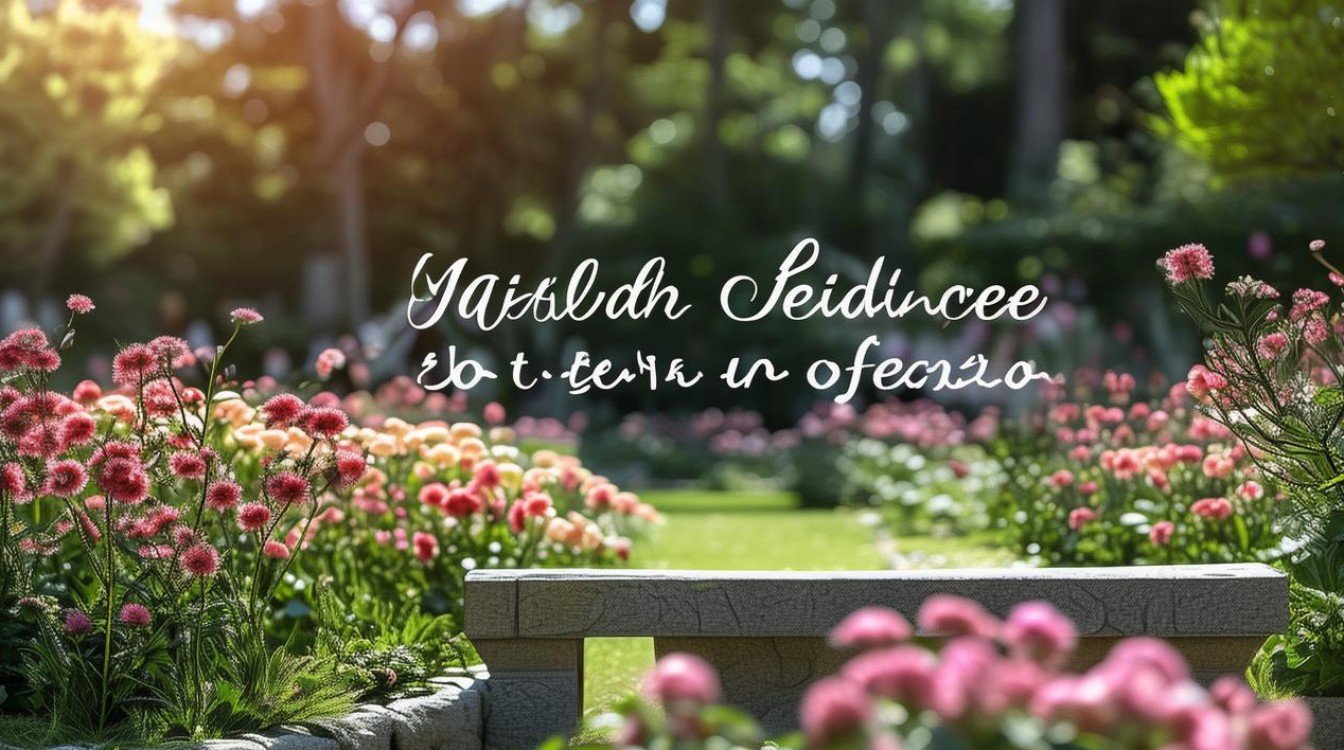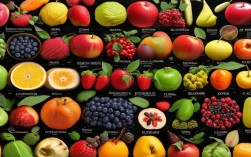在文学创作、艺术评论或日常表达中,形容词是赋予语言生命力的关键,它们能让描述更生动,让情感更细腻,英语中有一系列充满文艺气息的形容词,适用于诗歌、散文、小说或艺术赏析,掌握这些词汇,能让你的表达更具韵味,也能提升写作的格调。

Ethereal(空灵的)
形容超凡脱俗、轻盈飘渺的美感,常用于描绘自然、音乐或艺术作品。
例:The ethereal melody of the piano filled the room, like a whisper from another world.
Melancholic(忧郁的)
带有淡淡的哀愁,但不至于绝望,适合描述深沉的情感或氛围。
例:The melancholic hues of the sunset mirrored her quiet longing.
Luminous(明亮的)
不仅指物理上的光亮,更强调一种内在的、柔和的光芒。
例:Her luminous smile lit up the entire gathering.
Serene(宁静的)
形容平和、安详的状态,常用于自然或心境描写。
例:The lake was serene under the soft glow of dawn.
Whimsical(奇思妙想的)
充满幻想和俏皮感,适合童话或超现实风格的作品。
例:The artist’s whimsical illustrations captivated both children and adults.
Resplendent(灿烂的)
比“beautiful”更华丽,形容耀眼夺目的美。
例:The ballroom was resplendent with golden chandeliers and silk drapes.
Enigmatic(神秘的)
带有谜一般的吸引力,适合描绘复杂的人物或情节。
例:His enigmatic silence only deepened the intrigue around him.
Verdant(翠绿的)
专指植物茂盛的绿色,比“green”更具诗意。
例:The verdant hills rolled endlessly under the summer sky.

Ephemeral(短暂的)
形容转瞬即逝的美,常用于哲学或抒情表达。
例:The ephemeral beauty of cherry blossoms reminds us of life’s fleeting nature.
Halcyon(宁静美好的)
特指过去某段平和幸福的时光,带有怀旧色彩。
例:She often reminisced about the halcyon days of her childhood.
Opulent(奢华的)
形容极致的富丽堂皇,适用于建筑、服饰或场景描写。
例:The opulent palace was adorned with intricate mosaics and velvet tapestries.
Languid(慵懒的)
描写缓慢、悠闲的状态,常与夏日或午后氛围搭配。
例:The languid afternoon stretched on, heavy with the scent of blooming jasmine.
Arcadian(田园牧歌的)
源自希腊神话中的理想乡,形容淳朴自然的田园生活。
例:The novel depicted an arcadian village untouched by modernity.
Sylvan(森林的)
与森林相关的诗意词汇,比“wooded”更优雅。
例:They wandered through the sylvan paths, listening to the rustle of leaves.
Incandescent(白炽的)
形容炽热的光或强烈的情感,充满能量。
例:Her incandescent passion for music was evident in every note she played.
Pensive(沉思的)
描写深沉思考的状态,适合刻画人物内心。
例:He sat by the window, pensive and lost in memory.

Idyllic(田园诗般的)
形容完美恬静的场景,常用于乡村或自然描写。
例:The cottage offered an idyllic escape from the chaos of the city.
Cerulean(蔚蓝的)
特指清澈的深蓝色,比“blue”更具画面感。
例:The cerulean sea stretched to the horizon, merging with the sky.
Aureate(金色的)
文学化的“golden”,带有古典韵味。
例:The aureate light of sunset gilded the ancient cathedral.
Liminal(阈限的)
描述过渡或临界状态,适合哲学或超现实题材。
例:The story explored the liminal space between dreams and reality.
Effervescent(活泼的)
形容轻盈欢快的气质,如气泡般灵动。
例:Her effervescent laughter echoed through the garden.
Sonorous(洪亮的)
形容浑厚悦耳的声音,适用于音乐或朗诵场景。
例:The sonorous tones of the cello resonated in the concert hall.
Nebulous(朦胧的)
描写模糊不清、难以捉摸的事物或概念。
例:His memories of that night were nebulous, like fragments of a dream.
Reverie(遐想)
虽为名词,但常作形容词用,描述梦幻般的状态。
例:She drifted into a reverie, oblivious to the passing hours.

Sanguine(乐观的)
比“optimistic”更文雅,带有古典气息。
例:Despite the challenges, he remained sanguine about the future.
Quixotic(不切实际的)
源自《堂吉诃德》,形容理想化但脱离现实的追求。
例:His quixotic quest to revive the ancient art form inspired many.
Lugubrious(阴郁的)
形容过度悲伤或沉闷的氛围,略带夸张。
例:The lugubrious melody suited the rainy evening perfectly.
Ebullient(热情洋溢的)
形容极度兴奋或活力四射的状态。
例:The crowd was ebullient, cheering as the parade passed by.
Penumbral(半影的)
描写光影交界的朦胧地带,充满神秘感。
例:The penumbral glow of the lanterns cast long, shifting shadows.
Aesthetic(审美的)
虽常见,但在文艺语境中强调对美的敏感与追求。
例:Every detail of the room was chosen with an aesthetic eye.
这些词汇不仅能丰富语言表达,还能为写作增添独特的文艺气质,无论是描绘自然、刻画人物,还是抒发情感,选择合适的形容词能让文字更具感染力,语言的美在于精准与细腻,而掌握这些词汇,便是向优雅表达迈出的重要一步。


